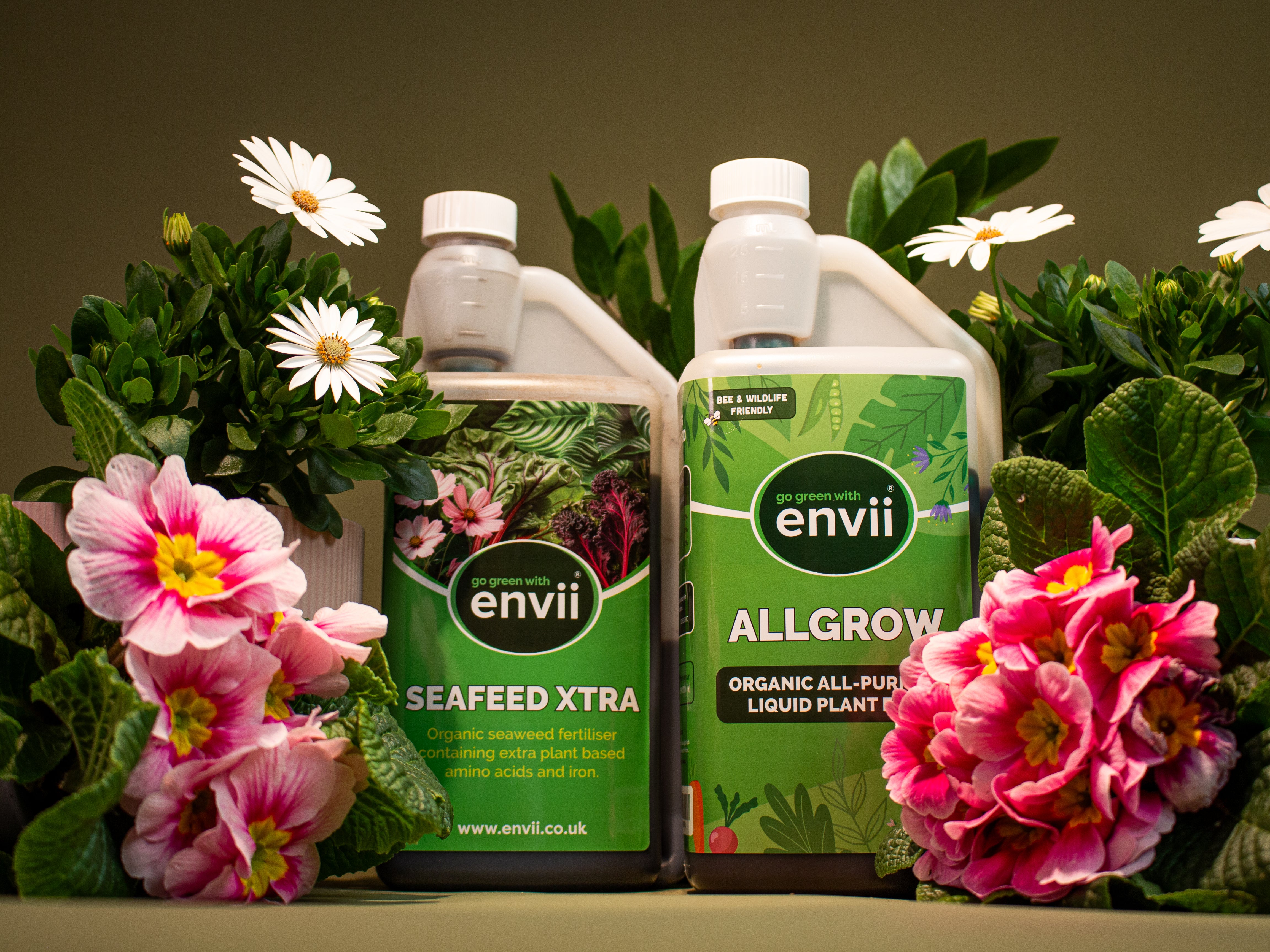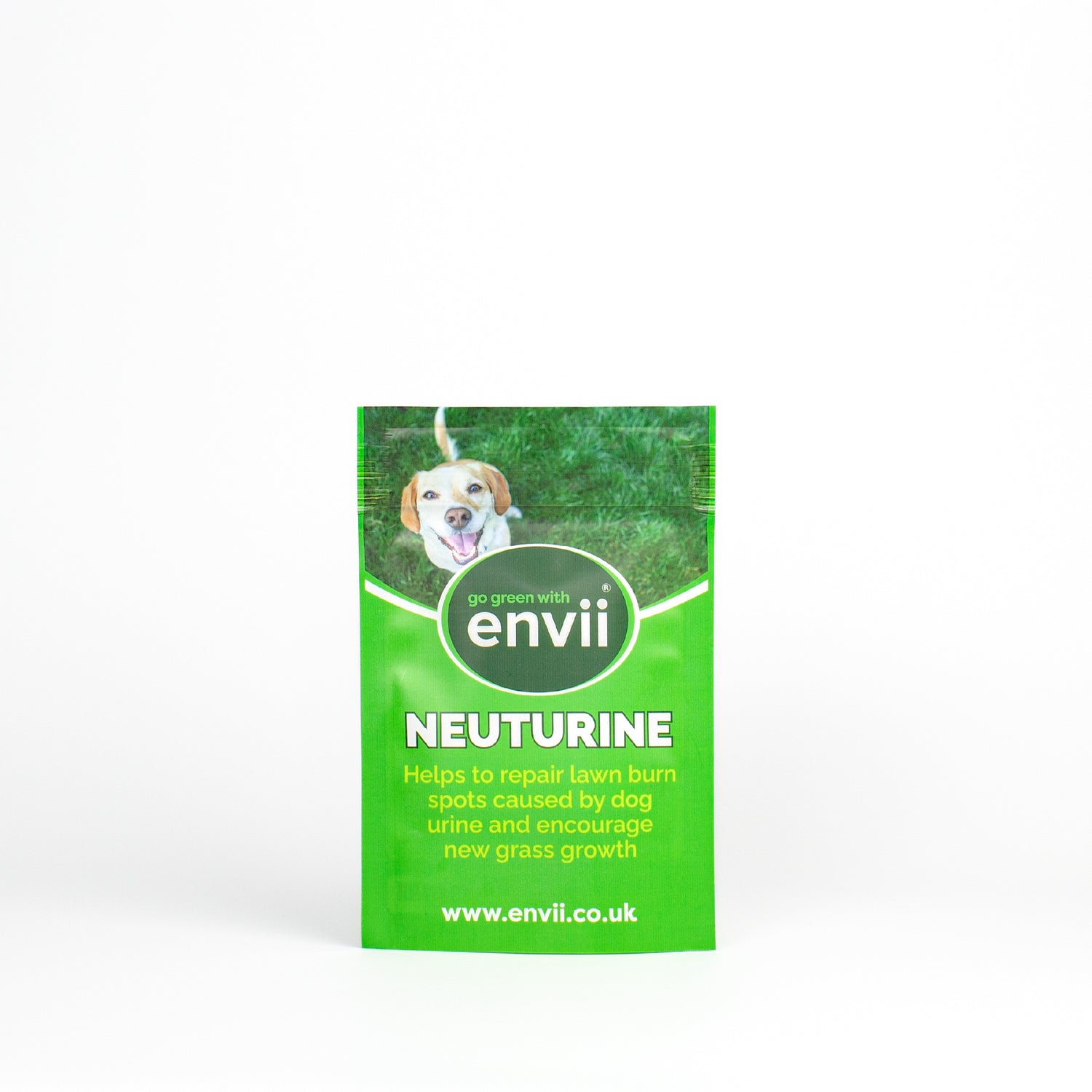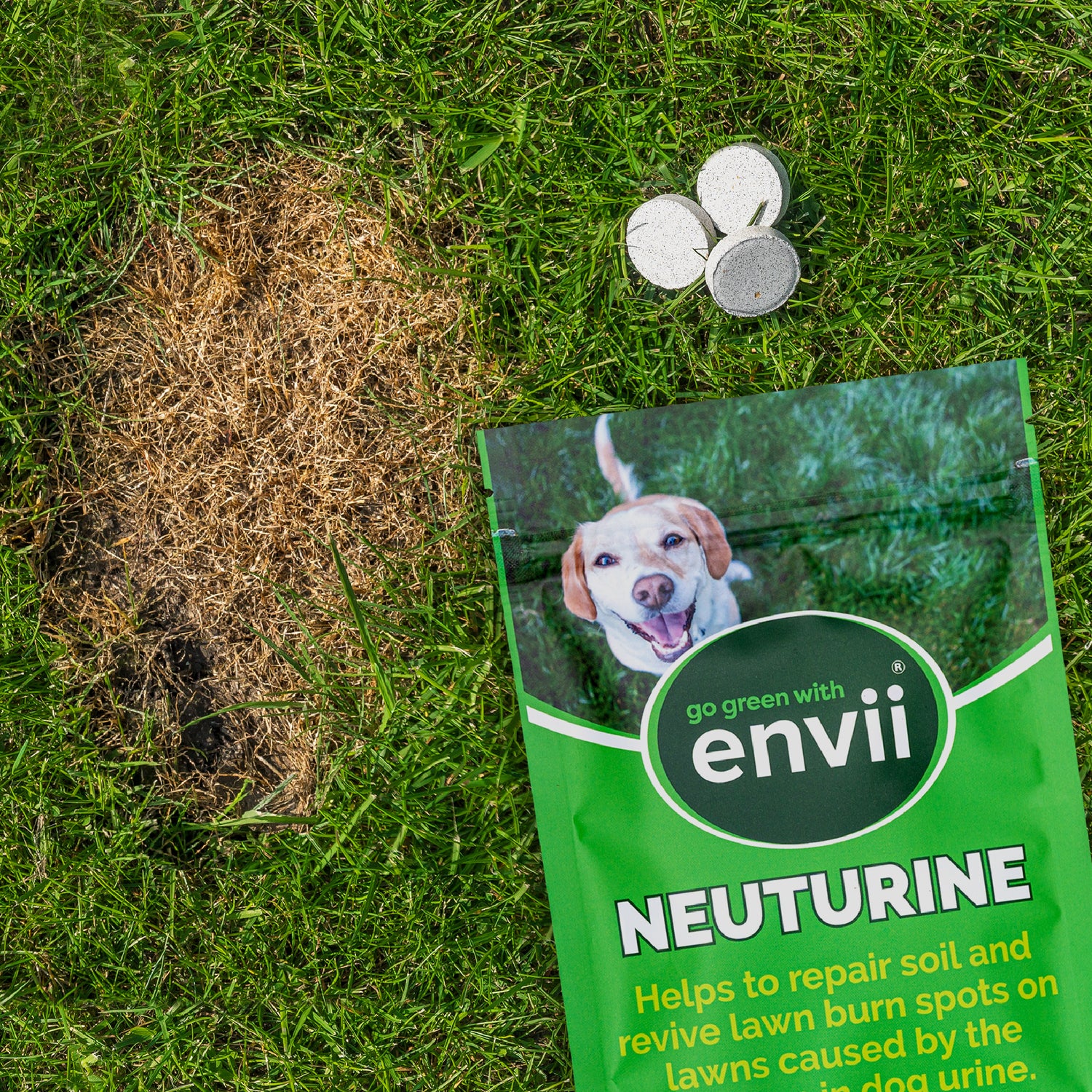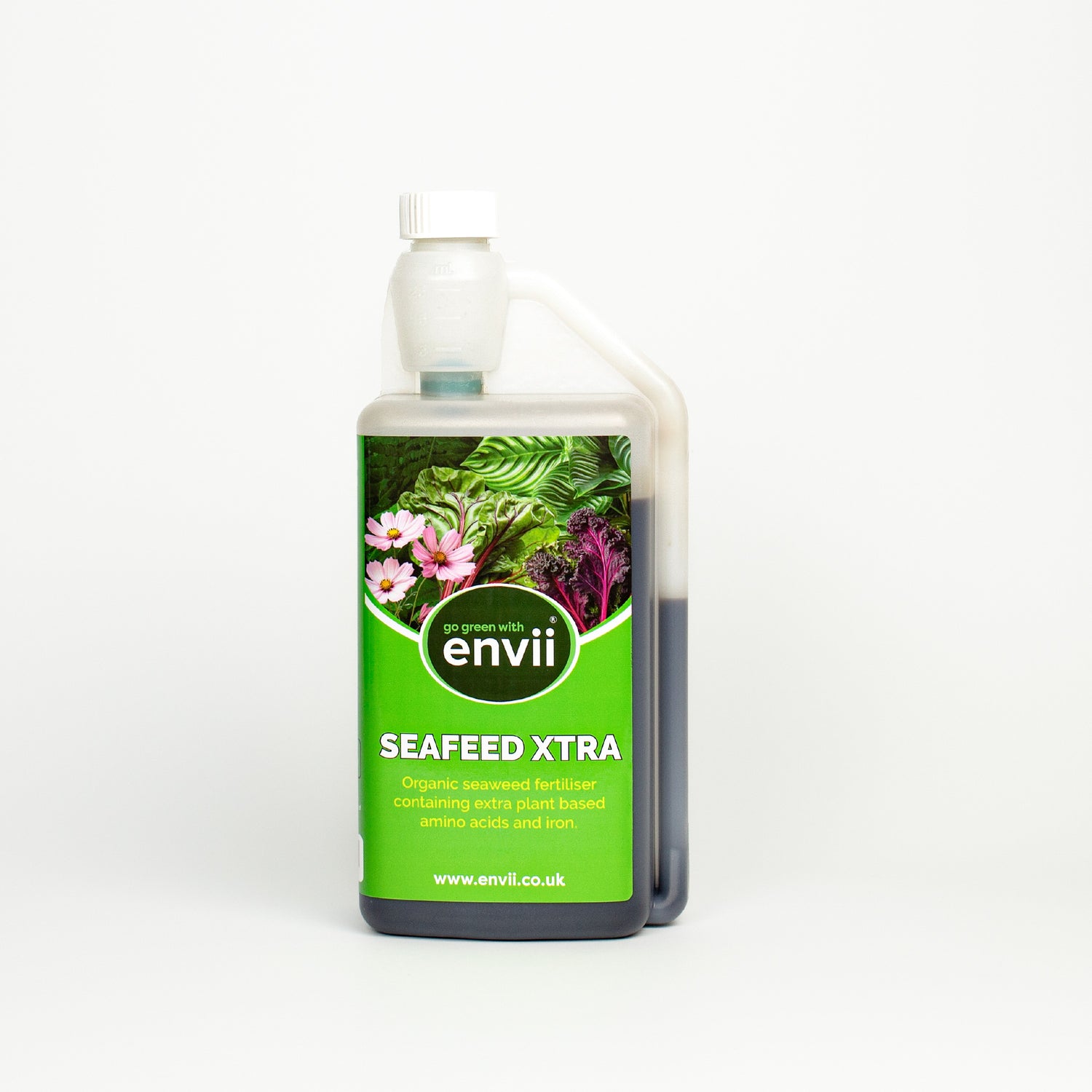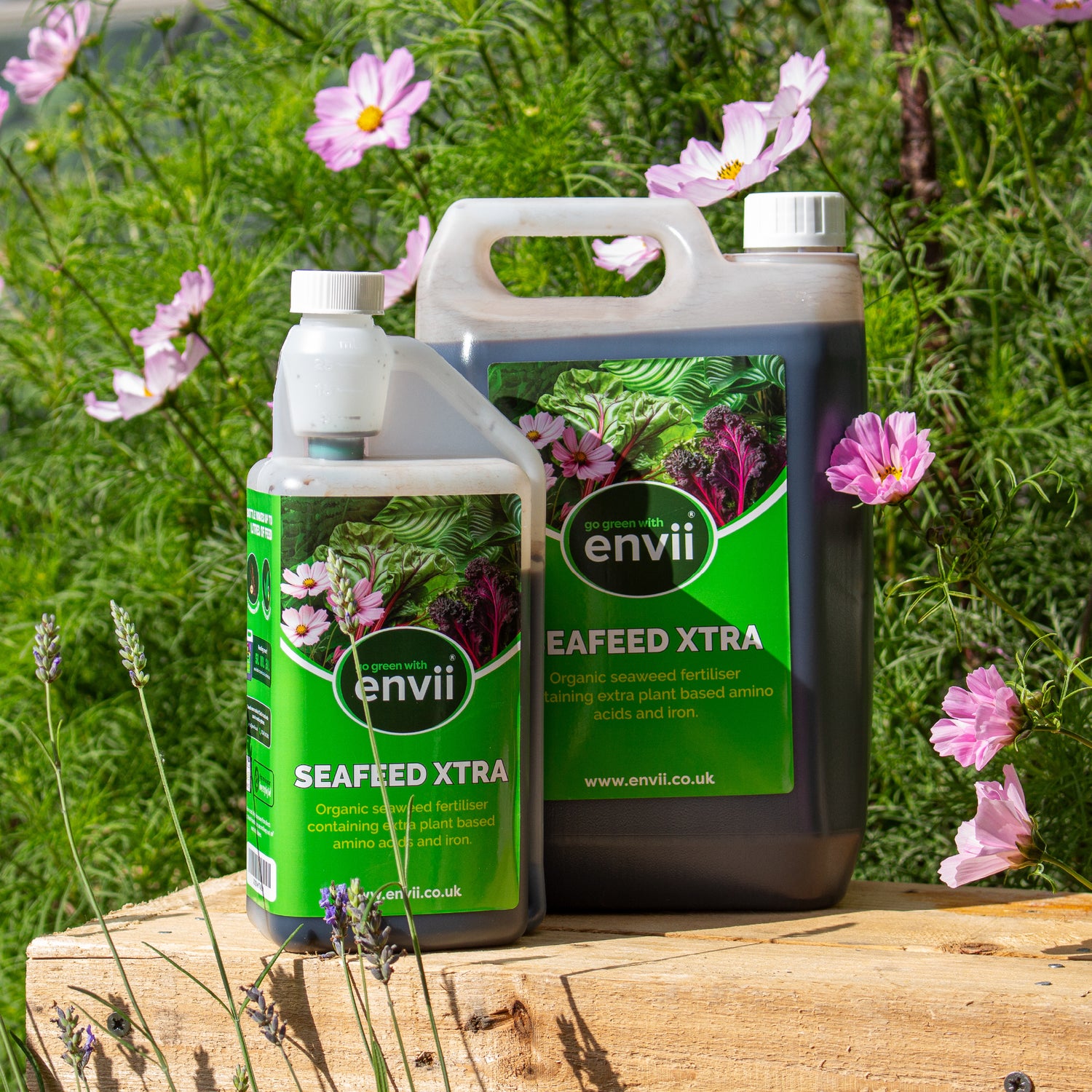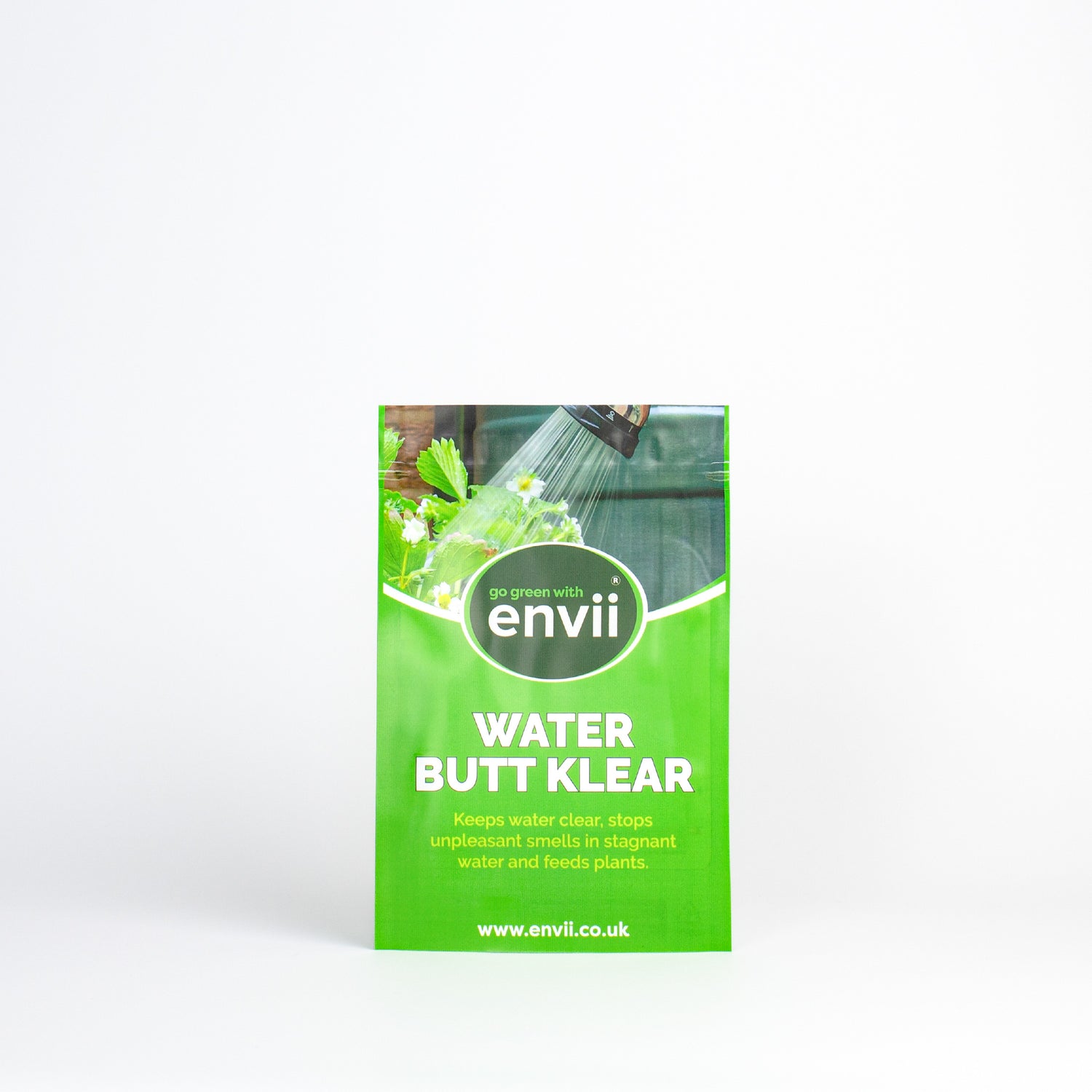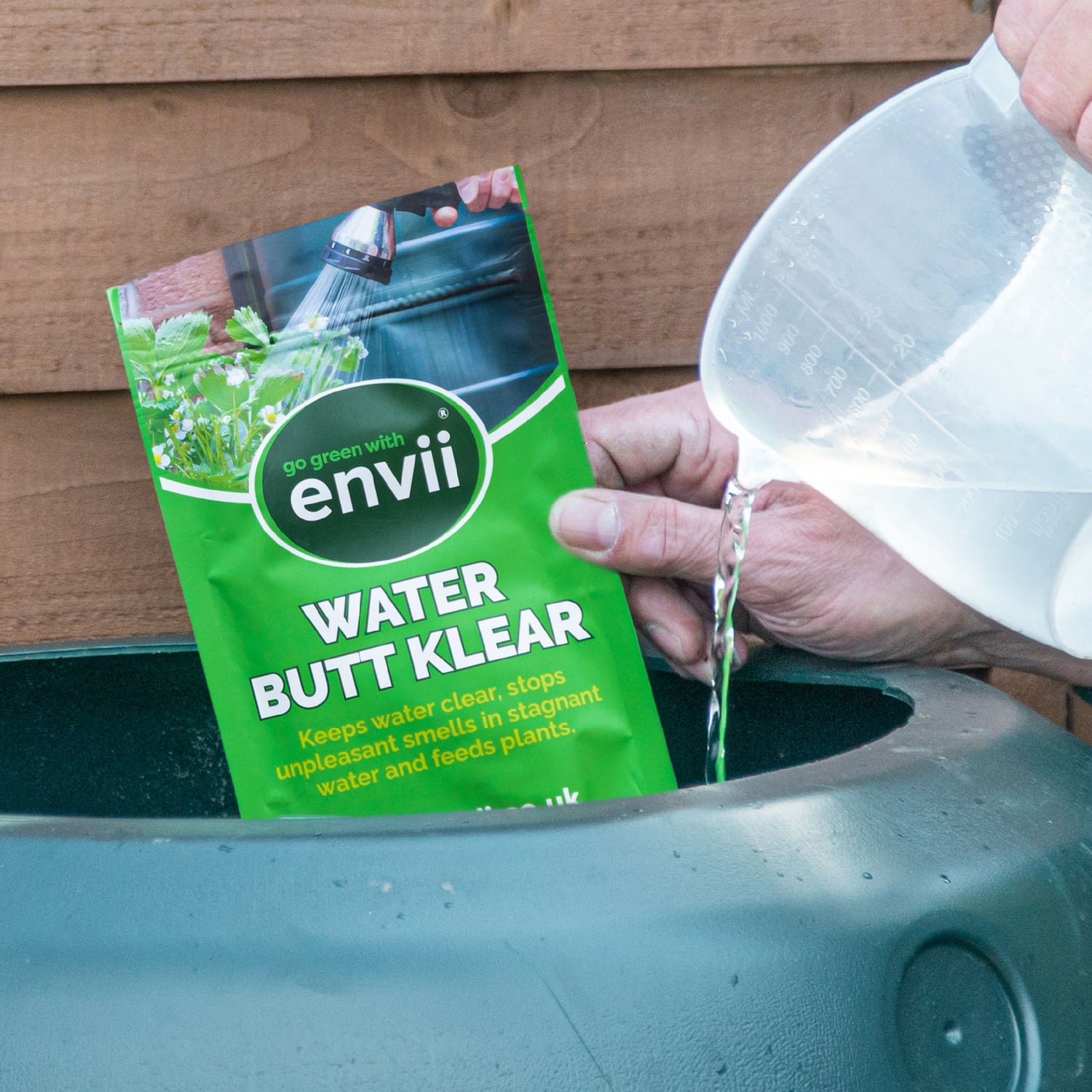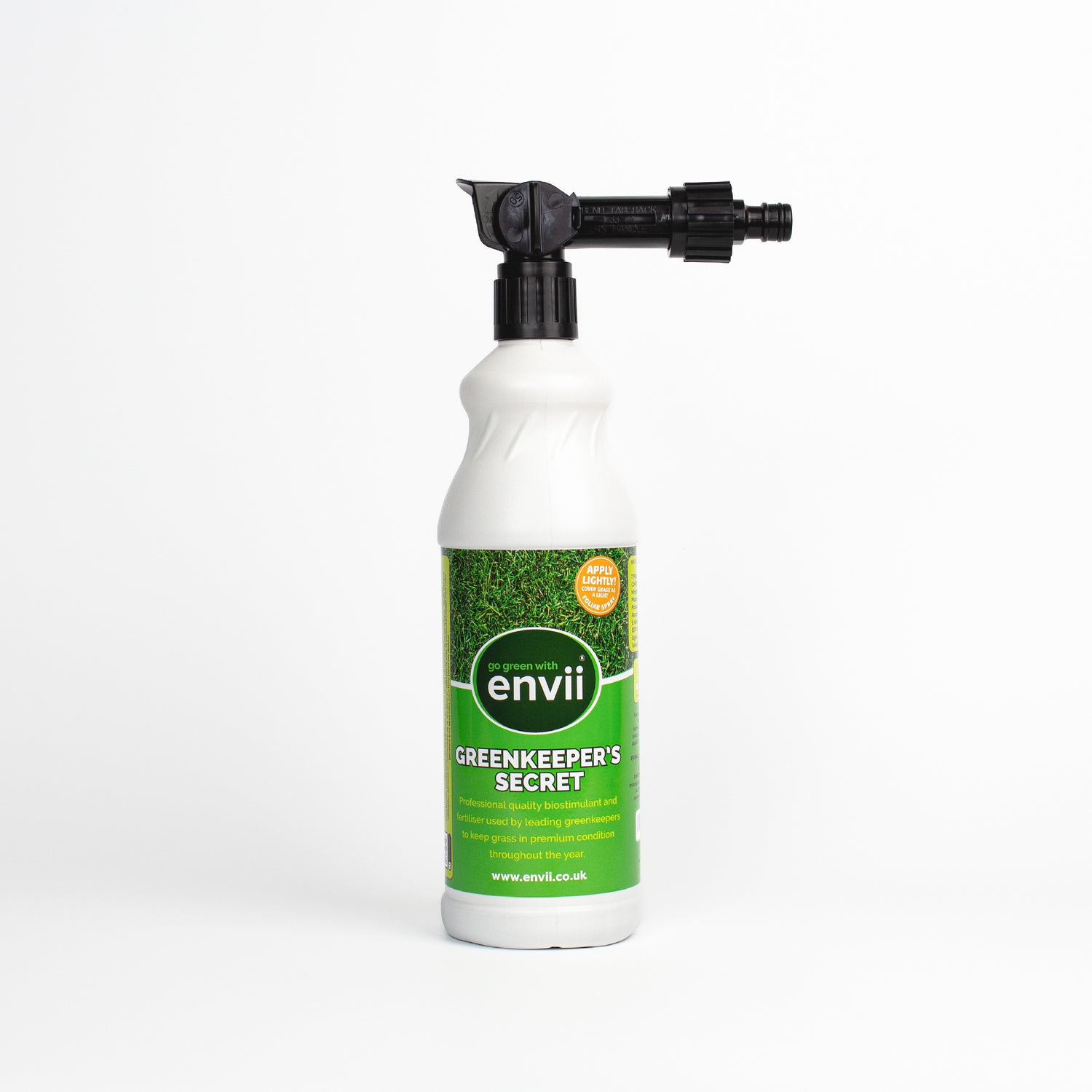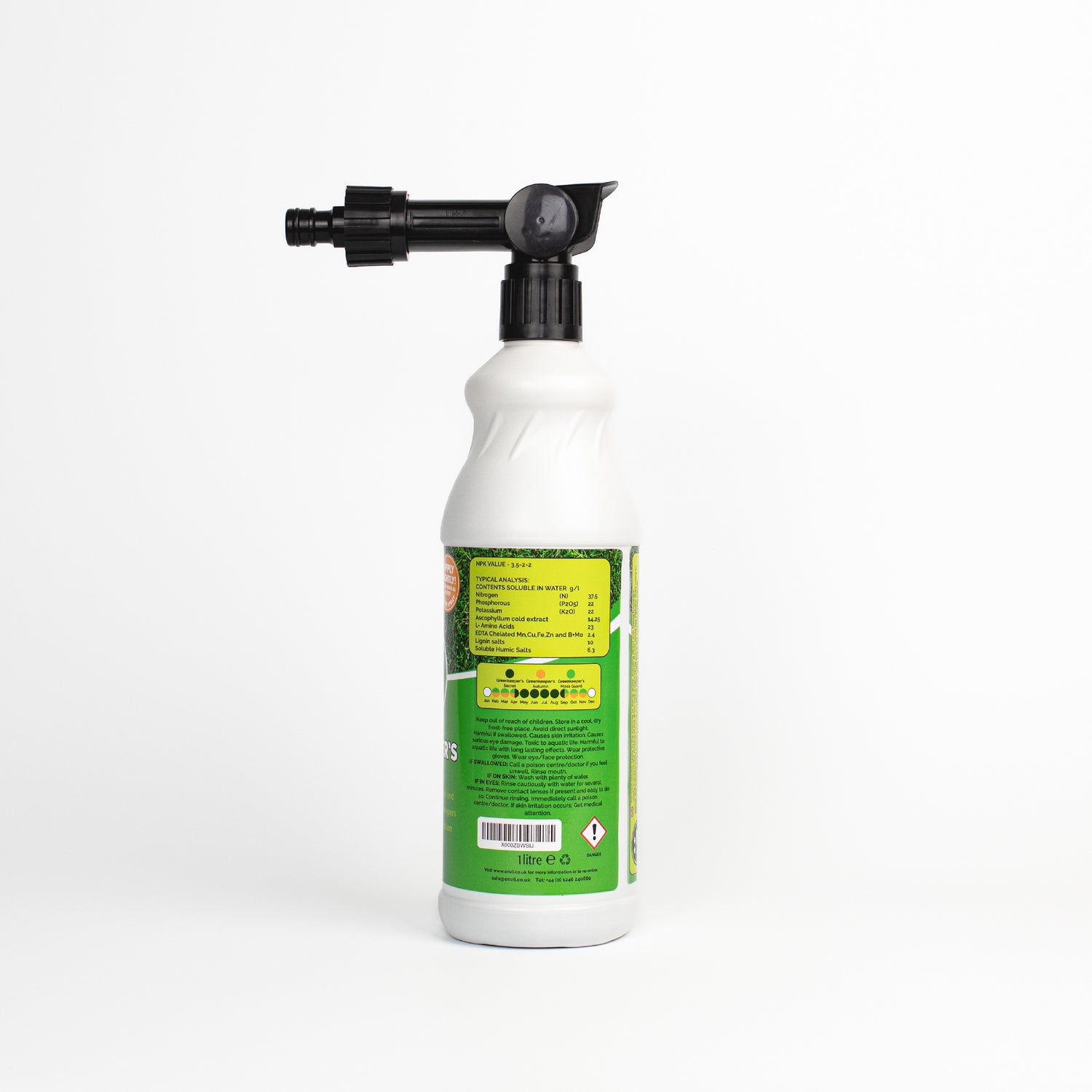Ever bitten into freshly harvested tomato? Anyone that has will tell you nothing beats growing your own. They are fragrant and flavoursome and despite taking a full season to mature, growing tomatoes from seed is quite easy (thankfully). However, seedlings need a strong start and proper tomato plant care (after some growth ) to achieve the best harvest. This guide shares the best tips for beginner’s on how to grow tomatoes from seed:
There are several benefits when it comes to growing tomatoes from seed.
Firstly, there’s no limit to the varieties you can grow. Tomatoes come in a wide range of shapes and colours, from Costoluto Genovese to Lemon Drop. You have more options compared to buying tomato transplants. Not to mention that you can start your seeds earlier, which is more cost-effective (more germinated seeds means more plants!). So, here’s how to start growing your own tomatoes:
Choosing Tomatoes to Grow
Size of growing space
For a thriving, successful harvest of tomatoes, you should consider the type of tomatoes you choose to grow. The type of tomatoes you choose to grow can have a huge impact on your success in growing them. Especially when you’re limited with space.
Tomatoes have two types of growth habits, determinate and indeterminate growth and this is dependent on the variety. Determinate varieties grow to between 2-3ft in height, produce set fruit and focus on the growth and ripening of that fruit.
Meanwhile, intermediate varieties continue to grow in height (which is why they usually need supports). Eventually setting fruit throughout the growing season until plants are killed off by cold weather and frost.
Which varieties you choose depends on whether you want one large harvest of tomatoes (determinate tomatoes) or small but steady harvests of tomatoes.
Large spaces can grow with either type of tomatoes, while smaller spaces are better to grow determinate tomatoes – a large harvest from a smaller growing plant.
Determinate Tomatoes
- Heirloom Tomatoes
- Bush Early Girl
- Roma
- Yellow Canary
- Biltmore
Indeterminate Tomato
- Gardener’s Delight
- Green Envy
- Honey Drop
- Nectar
- Steak Sandwich
How Will You Use the Tomatoes?
If you’re looking to make sauces and passata, juicier tomato varieties are your best bet. While some people might want smaller, denser tomatoes for everyday salads, sandwiches and more. Here are some recommended tomato varieties for popular uses:
Best tomatoes for sauce/passata:
Amish Paste, Super Italian Paste, Roma, San Marzano, Fresh Salsa.
Best tomatoes for salads:
Cherry, Plum, Grape (and any other tomatoes named after small fruits).
Interesting Tomato Varieties:
Fortunately, tomatoes can be interesting to grow regardless of size and shape. They come in various colours, ranging from red, orange, yellow, green and even purple.
Tomato “Black Cherry”, Tomato “Sungold”, Tomato “Green Zebra”, Tomato “Costoluto Genovese”.
When to Sow Tomato Seeds
Start tomato seeds indoors, roughly six weeks before the average last frost date. In the UK, this is generally from mid to late April depending on your specific region.
However, South West regions such as Swansea or Plymouth are lucky enough to have an average last frost date as soon as early March. Really fortunate areas can have theirs as early as late February.
How to Sow Tomato Seeds
- – Begin with a seed starting or germination compost, adding the compost to seed trays.
- – Apply gentle pressure to the compost trays to firm the compost and remove any air pockets.
- – Then use either your finger or a small pencil-like tool to poke two holes into each cell, roughly ¼ inches deep.
- – Plant a couple of seeds in each tray to increase your chances of a successful germination.
- – Finish by covering the cells with a light amount of compost and firm again.
- – Finally, lightly spray the cells with moisture as this is very important for seed germination.
Tips for Sowing Tomatoes
In the UK, tomato seeds are best sown early and indoors from late February to mid-March.
Always use a high-quality seed sowing compost that will provide good water flow to avoid seedlings becoming waterlogged and disease prone. Sown in the ideal conditions, tomato seeds should germinate within 2 weeks.
The ideal conditions are damp but well-draining seed compost that has an average temperature above 10 degrees Celsius.
Feeding/Fertilising Tomato Plants
Tomatoes are a hungry crop that need rich nutrients to develop into strong and healthy plants. That’s why feeding these plants is so important. The nutrients that tomato plants require vary depending on where they are in their growing stage.
Feed your young tomato plants with a tomato additive such as Envii Maximato Xtra to develop a strong root system and build resilience against disease and harsh weather conditions.
As your tomato plants begin to develop, they will require a feed with a strong NPK that is high in potassium such as Envii Maximato. The additional calcium and magnesium found in Maximato will reduce the chances of your tomatoes developing blossom end rot and tackle common deficiencies such as chlorosis.
Share
